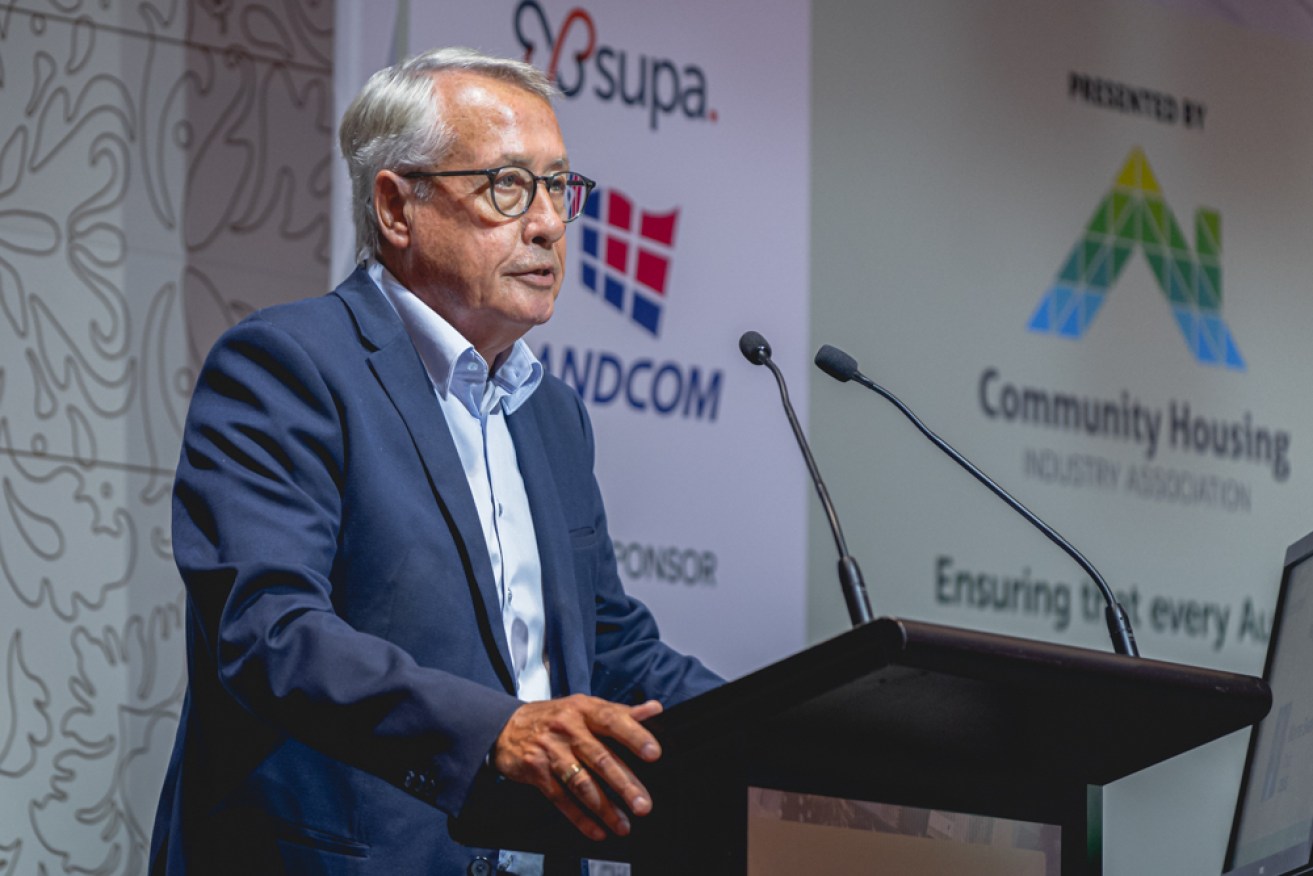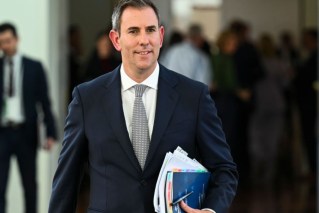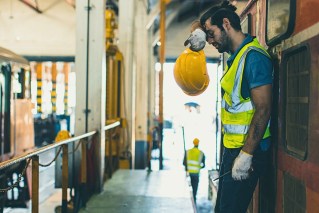Wayne Swan: How Australia’s housing crisis can be fixed


No matter what our politics, it’s important to prove that the housing crisis can be fixed, Wayne Swan writes. Photo: Supplied
Forty years ago this week, the Australian Council of Trade Unions backed a motion from the Building Workers Industrial Union for a national, comprehensive superannuation scheme.
This historic union driven initiative led to the creation of the Construction and Building Unions Superannuation Fund (Cbus) in 1984 and over the following decades, unions working together with employer groups have made superannuation, including funds like Cbus, the success they are today.
From humble beginnings, Cbus now has over 910,000 members and $90 billion in funds under management.
And investing in our built environment has been a key part of this journey and our success, helping to strengthen our connection to our members by creating jobs in the sectors where they work.
Today, Australia is undoubtedly facing a housing affordability crisis.
With rents increasing year on year, with the average home around a million dollars in capital cities now, and with less and less housing considered “affordable”, Australians, particularly young people, feel let down.
Yet we can’t lose hope. No matter what our politics, it’s important to prove that the housing crisis can be fixed.
Our members are connected to social and affordable housing, many having been brought up in social housing or have relatives living in social housing.
We are confident that investment in the social and affordable housing sector has the potential to deliver stable long-term returns for our members, as well as construction industry jobs.
The superannuation system is about thinking big, thinking long term and distributing the gains as broadly as possible.
Social and affordable housing is critical for enabling greater social and economic participation, which drives increased productivity.
Without the right mix of housing stock, we can’t possibly build the productive nation we need.
Workers need houses and at every phase of Australia’s post-war history this has been the case.
One example of how Cbus has been able to support the sector is when Cbus provided a debt facility to a developer in Victoria in late 2020 to finance the construction of a high rise social and affordable apartment complex.
The funding enabled the developer to build the apartments, which on completion were acquired by a community housing provider.
Funding was approved during Covid and was recently repaid after the successful delivery of the apartments.
Cbus was a strong proponent for the establishment of what is now Housing Australia, and its very important bond aggregator program. We have through this program invested over $160 million.
Based on Housing Australia’s latest report, it has now raised over $3 billion to support community housing providers.
This has led to the construction of over 7,000 new social and affordable homes and supported the economy through job creation in the building and construction industry.
We are now working within the Federal Government’s comprehensive housing strategy to look closely at how we can invest to support the construction of new social and affordable homes through the Housing Australia Future Fund (HAFF).
This is also consistent with our stated support for the Federal Government’s Housing Accord, which has broader housing supply objectives.
Earlier this week it was announced that Cbus has joined forces with industry colleagues, CareSuper, Hostplus, Rest Super and IFM Investors with the aim of making available to community housing providers long term subordinated debt.
This is the missing piece under the HAFF – helping community housing providers raise around 20 per cent of the capital needed to actually build the projected 40,000 dwellings.
Historically, the barrier for institutional investors like Cbus to invest was the need to see that these investments are replicable and of a reasonable size. The HAFF helps address this.
The creation of the $10 billion HAFF, helps super funds and the private sector to develop understanding, knowledge and confidence.
Cbus would like to invest up to $500 million, but only if the settings are right.
We aren’t looking to become landlords with this investment.
If through partnerships and innovative investment models super funds can play an important role in the construction of 40,000 social and affordable homes, then the path will be open to build many more.
This is a legacy that superannuation fund members and the nation can be proud of.
Wayne Swan is a former federal Treasurer, the ALP national president and author of The Good Fight. He is currently the chair of Cbus.
The New Daily is owned by Industry Super Holdings








